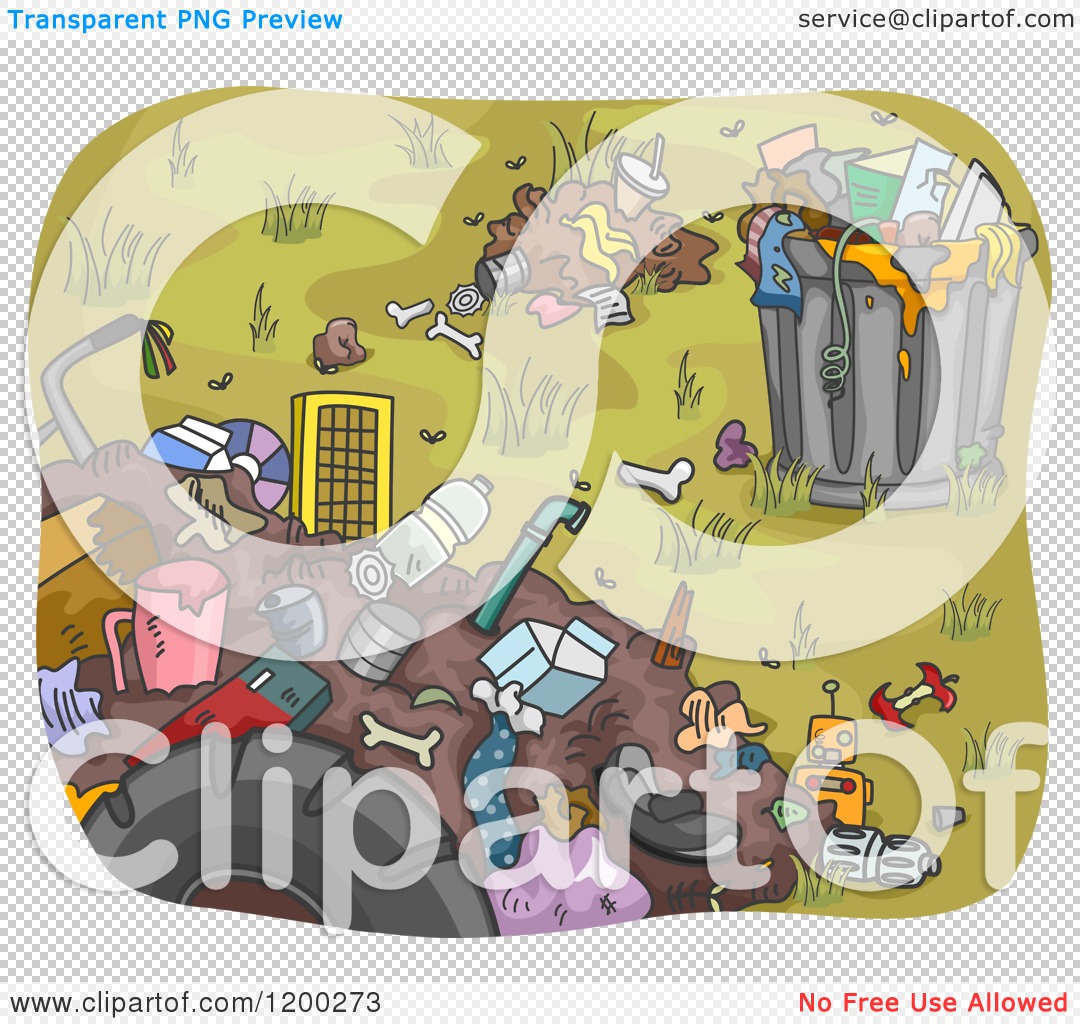

A big part of waste management deals with municipal solid waste, which is created by industrial, commercial, and household activity.

The aim of waste management is to reduce the dangerous effects of such waste on the environment and human health. Waste management is intended to reduce adverse effects of waste on human health, the environment, planetary resources and aesthetics. Waste is produced by human activity, for example, the extraction and processing of raw materials. Directly, through the handling of solid waste, and indirectly through the consumption of water, soil and food. Health issues can also arise indirectly or directly. Health issues are associated throughout the entire process of waste management. In some cases, waste can pose a threat to human health. Waste management deals with all types of waste, including industrial, biological, household, municipal, organic, biomedical, radioactive wastes. Waste can be solid, liquid, or gases and each type has different methods of disposal and management. This includes the collection, transport, treatment and disposal of waste, together with monitoring and regulation of the waste management process and waste-related laws, technologies, economic mechanisms. Waste management or waste disposal includes the processes and actions required to manage waste from its inception to its final disposal. A recycling and waste-to-energy plant for waste that is not exported


 0 kommentar(er)
0 kommentar(er)
